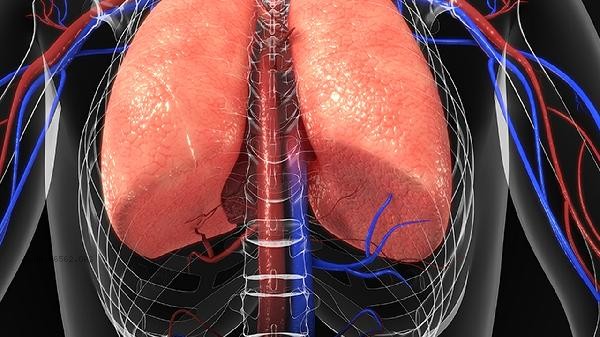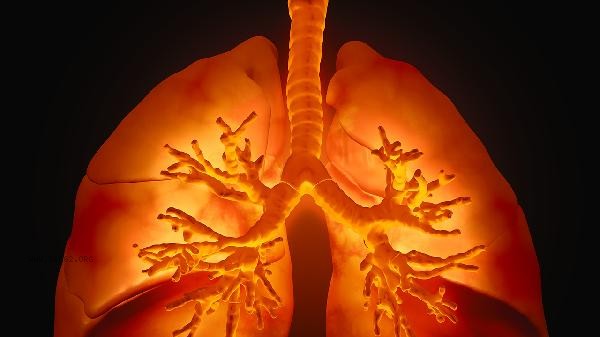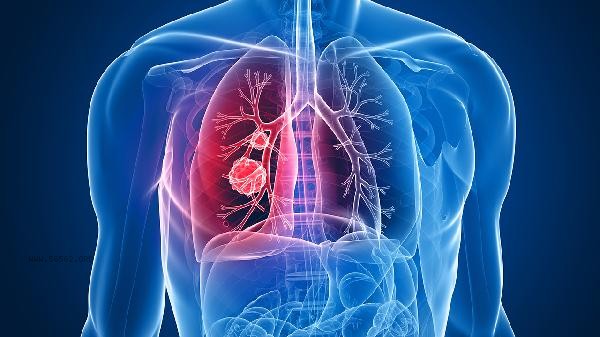Pulmonary capillary bleeding may be caused by respiratory infections, coagulation dysfunction, pulmonary arterial hypertension, pulmonary trauma, vasculitis, and other factors. The degree of bleeding varies from phlegm carrying blood to massive hemoptysis, and targeted treatment should be taken based on the specific cause.

1. Respiratory infection:
infectious diseases such as bronchitis or pneumonia may lead to the rupture of mucosal capillaries. Tuberculosis caused by Mycobacterium tuberculosis infection often accompanies hemoptysis symptoms and requires treatment with anti tuberculosis drugs. Bleeding caused by bacterial pneumonia usually subsides with inflammation control. 2. Coagulation dysfunction: Blood diseases such as thrombocytopenia and hemophilia can affect the coagulation mechanism. Long term use of anticoagulant drugs such as warfarin may also lead to spontaneous bleeding, and regular monitoring of the international standardized ratio of prothrombin time is necessary to adjust medication.
3. Pulmonary arterial hypertension:
Continuous increase in pulmonary vascular pressure can cause capillary rupture. Patients with primary pulmonary arterial hypertension or pulmonary arterial hypertension secondary to chronic pulmonary embolism may experience hemoptysis after exercise and require the use of vasodilators to reduce pulmonary arterial pressure.
4. Pulmonary trauma:

External forces such as rib fractures, stabbing of lung tissue, and chest impacts can directly damage capillaries. Traumatic bleeding often manifests as sudden hemoptysis, and the degree of injury needs to be evaluated through chest CT. In severe cases, surgical hemostasis is required. 3. Vasculitic diseases: Autoimmune diseases such as granulomatous polyangitis can attack the vascular wall. In addition to hemoptysis, these patients often have systemic symptoms such as sinusitis and renal dysfunction, and their condition needs to be controlled through a combination of glucocorticoids and immunosuppressants.
If symptoms of hemoptysis occur, immediately maintain a quiet position and avoid severe coughing. It is advisable to choose warm and cool liquid foods for diet, and avoid spicy and irritating foods that worsen bleeding. It is recommended to record the amount of bleeding and accompanying symptoms, and promptly perform chest imaging and bronchoscopy to determine the cause. Long term smokers should quit smoking, and dust workers should take occupational protection measures. Elderly patients with recurrent blood in sputum should be alert to the possibility of lung cancer, and it is recommended to undergo low-dose spiral CT screening regularly.










Comments (0)
Leave a Comment
No comments yet
Be the first to share your thoughts!